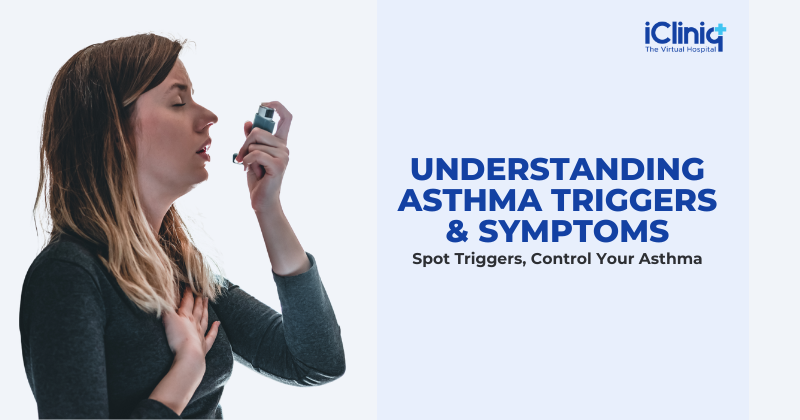Asthma Myths vs. Facts: What You Need to Know

- Hey! Experiencing shortness of breath, wheezing, or persistent coughing?
- Wondering if it is just allergies or something more serious?
- Asthma affects millions, yet many people struggle to identify its triggers and symptoms. Understanding them can help you manage the condition effectively and improve your quality of life.
Asthma is a chronic respiratory condition that various factors can trigger, yet misconceptions often prevent proper management. Recognizing common triggers and symptoms is essential for better control and treatment.
Myth 1: Asthma Only Affects Children.
Fact: Asthma can develop at any age. While it is common in children, many adults are diagnosed later in life.
Myth 2: You Can Outgrow Asthma.
Fact: While some children see an improvement in symptoms as they grow older, asthma is a lifelong condition that may return or worsen over time.
Myth 3: People With Asthma Should Avoid Exercise.
Fact: While exercise can sometimes trigger symptoms, regular physical activity can actually strengthen the lungs. Proper management and medications can help individuals with asthma stay active.
Myth 4: Asthma Attacks Only Happen Due to Allergens.
Fact: While allergens like pollen and dust can be triggers, asthma attacks can also be caused by cold air, stress, respiratory infections, and even strong odors.
Myth 5: Inhalers Are Addictive.
Fact: Inhalers are a safe and essential part of asthma management. They are not addictive, but they must be used correctly as prescribed by a doctor.
Myth 6: If You Are Not Wheezing, You Do Not Have Asthma.
Fact: Not all asthma patients experience wheezing. Symptoms can include coughing, chest tightness, and difficulty breathing, which may be mistaken for other conditions.
Understanding asthma and separating myths from facts can help individuals manage symptoms effectively and reduce the risk of severe attacks. Don’t let myths cloud your understanding—know the facts, control your asthma, and breathe easier! By spreading awareness, we can support those living with asthma and encourage better respiratory health.




